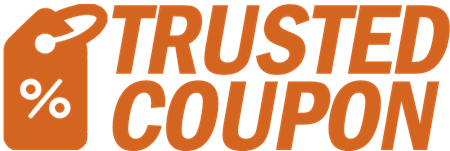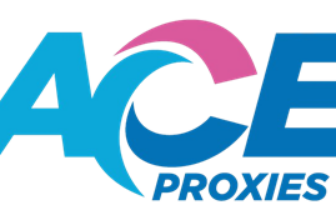
Who Governs the Internet?
[ad_1]
Governance of the Internet has gone through various stages. Prior to 1995, the Internet was a government program. Beginning in 1995, private corporations were given control of the technical infrastructure as well as the process of granting IP addresses and domain names. However, the monopoly created in this period did not represent international users of the Internet. President Clinton using the funds from the Department of Commerce, encouraged the establishment of an International body called the Internet Corporation for Assigning Numbers and Names (ICANN) that hopefully could better represent a wider range of countries and a broad range of interests and begin to address emerging public policy issues in the E-commerce I period. ICANN was intended to be an International self-governing body not another government agency.
However, the explosive growth of the Internet created a number of issues over which ICANN had no authority. Content issues such as pornography, gambling and offensive writings and graphics ushered in the current era of growing governmental regulation of the Internet throughout the world.
Early Internet advocates argued that Internet was different from all previous technologies. Its ability to cross borders, inherent decentralized design, scalability and many other factors nullified the concept of control over it. The popular slogan was, “Information wants to be free”.
In fact, the Internet is technically very easily controlled and moderated from central locations. For instance, in China, access to the Internet is controlled from government-owned centralized routers that direct traffic across their borders and within the country or via strictly regulated ISPs operating within the countries. This permits government to block access to U.S. or European web sites. In China, all ISPs need a license from the Ministry of Information Industry and they are prohibited from disseminating any information that may harm the state or permit pornography, gambling or advocacy of cults.
Yahoo’s Chinese web page unlike Yahoo’s domestic U.S. and European web pages never mention the harvesting of organs from Chinese prisoners or the Falun Gong spiritual movement because of fears of offending the Chinese government and disrupting their business objectives in China.
In United States, efforts to control media content have run up against equally powerful social and political values that protect freedom of expression.
Today also there isn’t any particular organization who exercises control over Internet. It is still governed by volunteer groups who exercise control over Internet to some extent but there is no complete authority. These are:
1. Internet Activities Board (IAB) – It is comprised of Internet Engineering Task Force (IETF) and Internet Research Task Force (IRTF). It is a technical body that oversees the development of the Internet suite of protocols.
2. Internet Network Information Center (InterNic) – It provides various registry services needed for the Internet to operate effectively.
3. World Wide Web Consortium (W3C) – It is a joint initiative between MIT, CERN and INRIA to develop standards for the evolution of the web.
If we talk about security then the Internet is still not foolproof and there are many loop-holes in it. But it is not a weak infrastructure too. It is not easy for a hacker or wrong doer to get away easily with whatever he wants to do and the network specialists are there to protect us online.
[ad_2]
Source by Shailendra Sial



